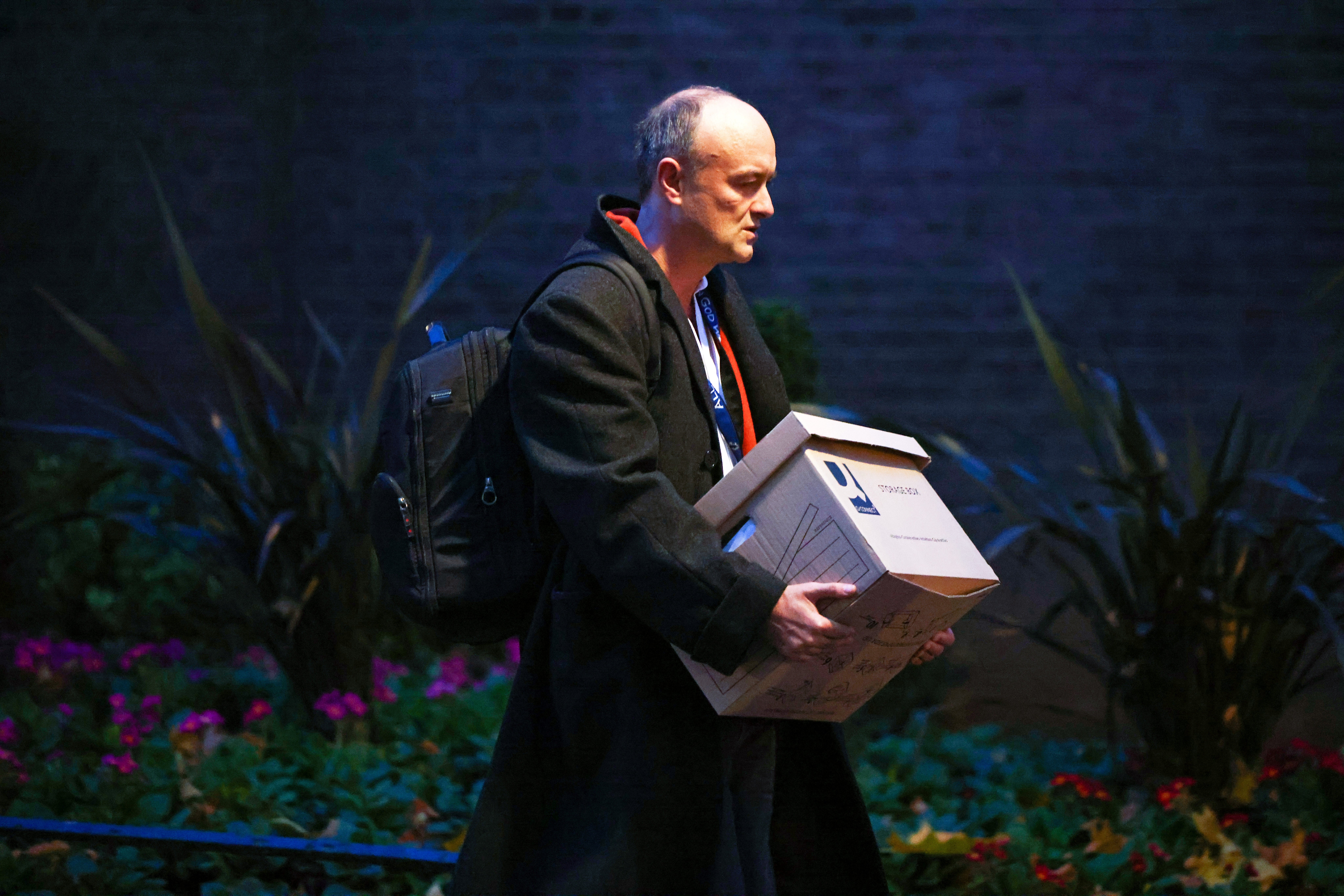Labour is winning back those who voted Tory for the first time last year
Two studies suggest that Boris Johnson is losing support, especially from first-time Conservative voters in ‘red wall’ seats, writes John Rentoul


Support for Boris Johnson’s Conservatives seems to operate on the Lifo principle: last in, first out. Two studies this week suggest that, as the government loses support, it is those voters who came over to the Tories for the first time at the last election who are more likely to have defected.
First, there was an opinion poll of “red wall” seats by JL Partners for Channel 4 News, which suggested that, if there were a general election now, Labour would regain 36 of the 45 seats it lost in the north, the Midlands and Wales last year. James Johnson, the pollster who carried out the survey, commented: “Two major things that have fuelled this are Dominic Cummings’s trip to Barnard Castle and a lack of clarity in coronavirus communications.”
The other evidence is from the latest instalment of the British Election Study, a big academic survey that has been running since 1964. It suggests that voters are moving away from the Conservatives, mostly to “undecided” rather than to other parties, and that “these losses are mainly happening among new voters to the party in December 2019, primarily due to poor handling evaluations of the government”, according to Professor Jane Green of Nuffield College, Oxford, one of the study’s leaders.
Both studies suggest that the politics of coronavirus have complicated Johnson’s attempt to retain the trust of these first-time Tory voters. The poll of red wall constituencies confirms what we know from much of the polling at the time and focus-group research since: that it was damaging to the prime minister to keep Cummings on after his apparent breach of lockdown rules. Cummings’s departure from No 10 came too late to repair that breach in the wall.
The British Election Study (BES) finds that the coronavirus crisis is loosening the bricks in the wall in another way. Johnson took those seats by cutting across the traditional left-right divide, appealing to the patriotism of working-class voters with his “get Brexit done” message. The authors of the BES study comment: “The coronavirus crisis seems to be politicised around existing left-right economic competition in strong contrast to British politics’ recent pivot towards competition structured around liberal-authoritarian issues like immigration and the EU.”
What is worse for Johnson is that Conservative MPs tend to be on the anti-lockdown end of the coronavirus spectrum, while new Tory voters are, “if anything, slightly more supportive of lockdown measures”, according to Professor Green. “The party risks losing its newly won working-class supporters if it takes a relaxed approach to tackling the virus.”
What is important is that these two studies reinforce each other. On its own, the poll of red wall seats was not large enough to provide firm conclusions. It had a sample of just 500, so we cannot assume that the 7 per cent swing from Conservative to Labour that it found in those seats is significantly different from the 6 per cent swing in the national opinion polls since the last election. But the BES is based on a huge sample of 30,000, and it confirms that new Tory voters are more likely to be withholding their support now – even if few have actually switched directly to supporting Labour.
Labour has also seen a (smaller) slice of its voters declare that they are now undecided, but this has been compensated for by gains from former Liberal Democrat voters who have switched to Labour since Keir Starmer became leader.
It may not be surprising that voting operates on the Lifo principle, in that voters who have often tentatively lent their vote to a new party are more likely to defect, but Johnson has devoted a huge effort to trying to reassure these new voters that he is delivering for them. So far, he needs a better slogan than the “levelling-up agenda”, and he needs to change the subject from coronavirus as fast as possible.
His new voters don’t think he is handling it well, and they disagree fundamentally with the Tory MPs, railing against the government infringing their liberties, who are making the most noise in parliament.
Join our commenting forum
Join thought-provoking conversations, follow other Independent readers and see their replies
Comments